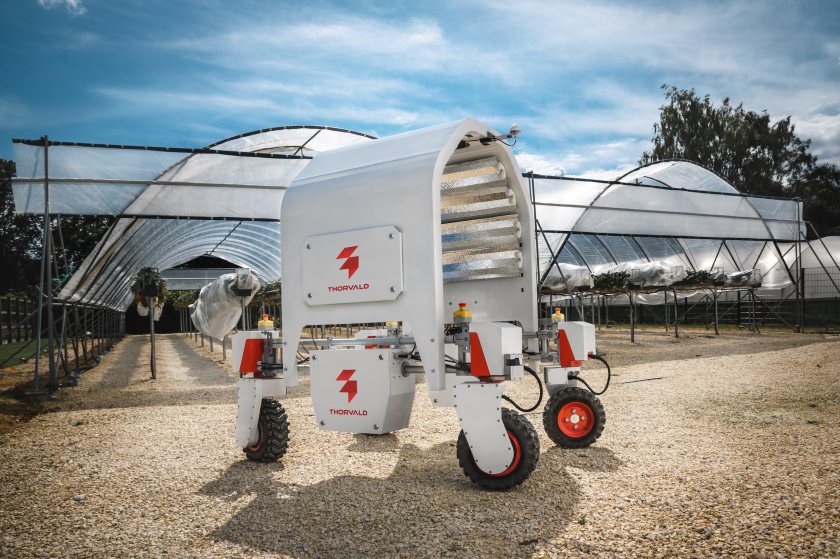
Defra has published the results of a review exploring how the horticulture sector can make use of innovative tech such as packhouse automation, AI enabled robotics and autonomous guided vehicles.
With labour shortages affecting the sector due to the impacts of the pandemic and Brexit, the review of automation was launched to help reduce the sector's reliance on migrant workers.
The review brought together experts across horticulture and technology to understand what would be required to accelerate the development of automation technologies.
Recommendations have now been published, including establishing a consortium that brings together government and industry to drive adoption of proven technologies.
Government must also adopt a mission-led approach to fast-track new tech, and the horticulture sector should establish working groups to share novel harvest practices and consider how best to make the industry more attractive for workers.
A long-term Seasonal Workers Scheme for edible and ornamental horticulture should also be set up to help stabilise workforce pressures.
The government said it would consider the report’s recommendations and publish a response in due course.
Defra Secretary George Eustice, who co-chaired the review with Professor Simon Pearson from the University of Lincoln, said: "There are opportunities for new robotic technologies to reduce costs and labour requirements in horticulture in the years ahead and this review highlights the potential for this."
The review ran for six months with input from stakeholders across horticulture, the agri-robotics and automation sectors, academia and the public sector.
The review is clear that although robotics and automation technologies have a vital role to play, there is not likely to be a single solution to resolving labour pressures in the sector.
Professor Pearson added: “Our successful horticulture industry is facing unprecedented pressure to step change labour productivity.
"Productivity gain reduces the reliance of the sector on seasonal migrant workers, secures vibrant rural businesses and the flow of high health foods at fair values to consumers.
"This review was undertaken to understand how we can accelerate the development and adoption of automation and robotic technologies across the fruit, vegetable and ornamental production sectors."
What are the full recommendations?
The automation review’s full recommendations include:
• Defra should consider pursuing a long-term Seasonal Workers Scheme for edible and ornamental horticulture starting in 2022
• Defra should consider convening a consortium that brings together UK government departments, horticulture industry and technology companies to drive significant adoption of available and proven technologies by growers
• Defra should consider launching a robotic crop harvester mission to fast-track innovative research and development of systems currently in the ‘valley of death’ (prototype stage)
• Defra should consider leading a review of financial and fiscal support for automation in horticulture
• The sector should identify, develop, and share automation infrastructure best practice among growers to help them transition from labour-intensive to technology-intensive operations
• The sector should develop its future skills pipelines and consider ways to attract and retain skilled staff
